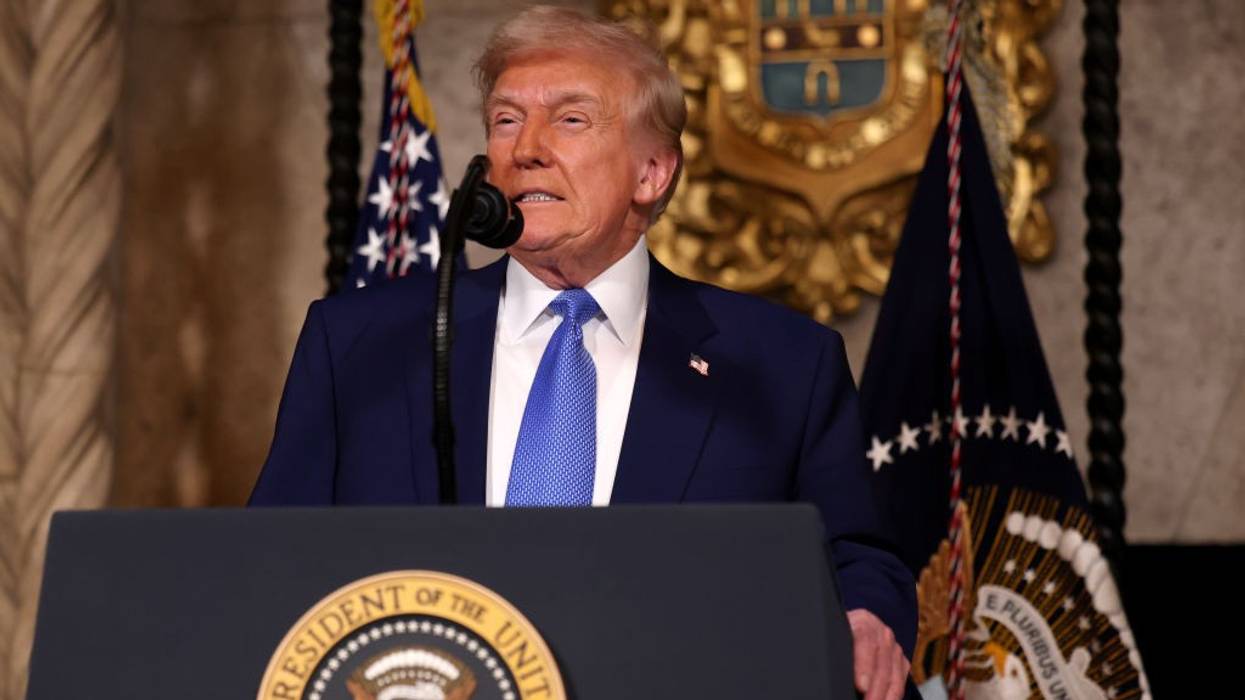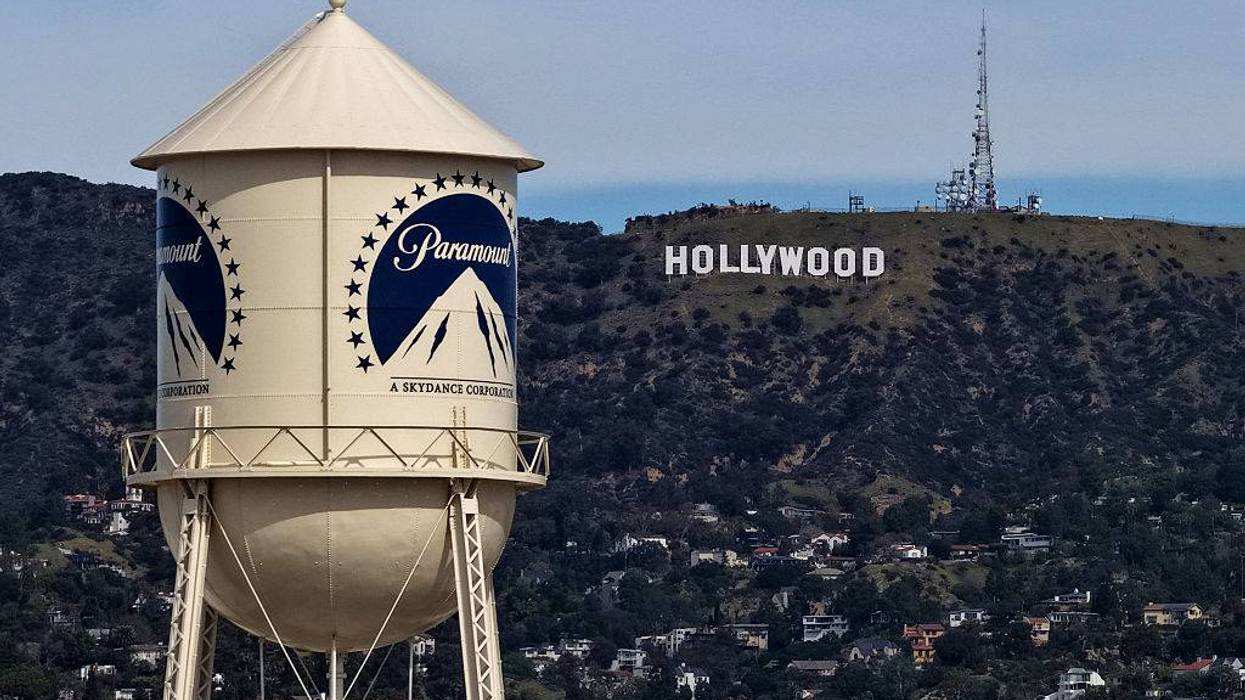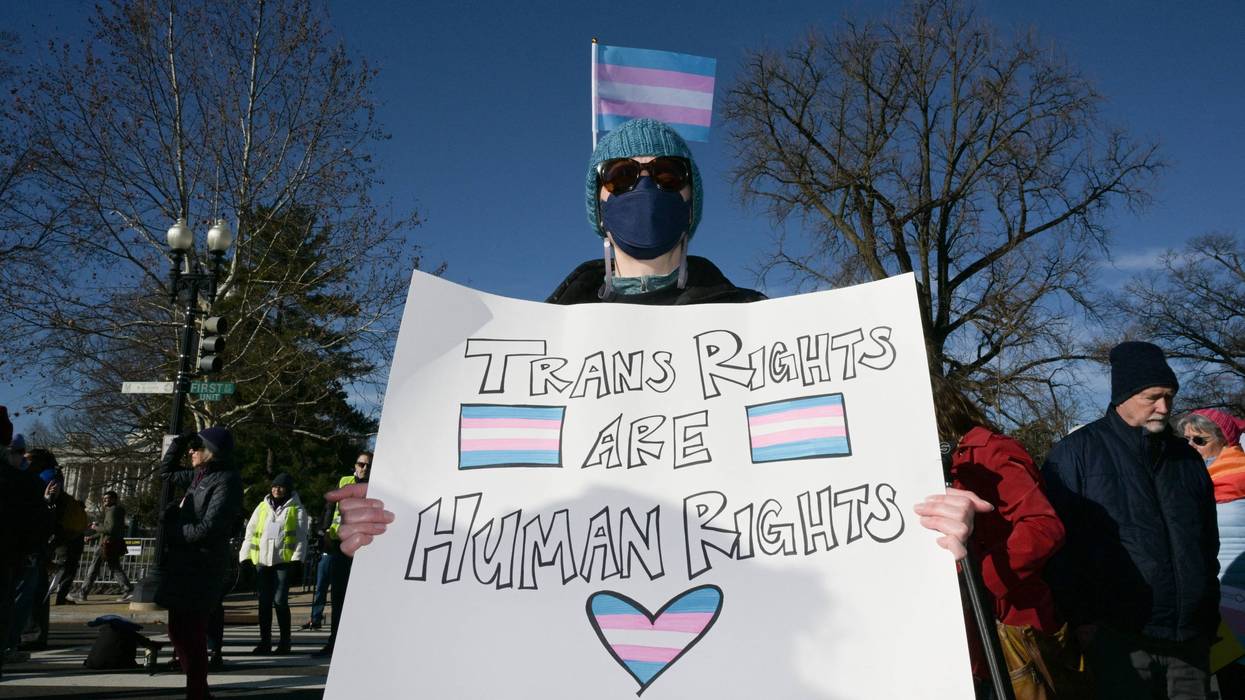July, 08 2016, 03:30pm EDT

First Comprehensive National Survey of Jail Staff in More Than 20 Years Shows County Jails Unequipped for and Overrun With Inmates Who Suffer From Mental Illnesses
Incarceration Has Replaced Psychiatric Hospitalization for Thousands of Inmates With Serious Mental Illness
WASHINGTON
WHAT: Telephone press conference to release a comprehensive national survey of county jail and detention facilities that examines their capability to care for people who suffer from serious mental illnesses while incarcerated. The survey was conducted by Public Citizen and the Treatment Advocacy Center.
State prisons and county jails in the U.S. hold as many as 10 times more of these inmates than state psychiatric hospitals. Individuals with serious mental illnesses are predisposed to committing minor crimes due to their illnesses. Many end up detained in county jails with limited or no mental health treatment.
Responses came from 230 sheriffs' departments in 39 states that operate jail facilities or detention centers. The survey sought to understand the perspectives of county jail sheriffs, deputies and other staff who work with individuals with serious mental illnesses in county jails.
How serious is the problem? While more than a quarter of all county jails reported that 16 percent or more of their inmate population were seriously mentally ill, more large jails reported having such great numbers of these inmates. Specifically, 31 percent of large (averaging 251 or more inmates), 13 percent of medium (averaging 51-250 inmates) and only 4 percent of small (averaging 50 inmates or fewer) jails reported that 16 percent or more of their inmates were seriously mentally ill.
The survey presents the challenges faced by county jail staff, as well as the limited training they are given to address the needs of inmates with serious mental illnesses.
WHO: Moderator: Dr. Sidney Wolfe, founder and senior adviser of Public Citizen's Health Research Group
Dr. E. Fuller Torrey, founder of the Treatment Advocacy Center
Dr. Azza AbuDagga, health services researcher of Public Citizen's Health Research Group
Tom Dart, sheriff of Cooke County, Ill.
Jennifer Hoff, mother of mentally ill son
John Snook, executive director of the Treatment Advocacy Center
WHEN: 10:30 a.m. EDT, Thursday, July 14
CALL-IN: 1 (800) 875-3456 verbal passcode: BRAD46735
Public Citizen is a nonprofit consumer advocacy organization that champions the public interest in the halls of power. We defend democracy, resist corporate power and work to ensure that government works for the people - not for big corporations. Founded in 1971, we now have 500,000 members and supporters throughout the country.
(202) 588-1000LATEST NEWS
As Families Struggle to Afford Groceries, Trump to Hold Lavish Fundraising Dinner for His Super PAC
"Thanks to Republican-backed tariffs and devastating SNAP cuts, working Americans are not only facing higher food prices but millions of people are also losing the assistance they rely on," said one critic.
Feb 27, 2026
President Donald Trump will soon be hosting a ritzy fundraiser even as many Americans say they're still struggling to afford weekly groceries.
As flagged by New York Times reporter Teddy Schleifer, Trump on Friday is scheduled to have a fundraising dinner at his Mar-a-Lago resort where attendees must pay $1 million each for the price of entry.
According to a Times report published last year on the planned fundraiser, the money raised from the dinner "will flow to a super PAC devoted to Mr. Trump, MAGA Inc., which has vacuumed up hundreds of millions of dollars since he was reelected last year."
The Times noted that it's unclear what Trump plans to do with the vast sums he's raising since he is constitutionally ineligible to serve another term, although that hasn't stopped him from saying he wants to run again in 2028.
The fundraiser is occurring as a new report from the US Department of Agriculture (USDA) is projecting that US consumers will get little relief from food prices in 2026.
According to the USDA Economic Research Service forecast for February 2026, "prices for all food are predicted to increase 3.1%" this year, "with a prediction interval of 0.7 to 5.7%."
The USDA also projects that seven categories of food are project to see their prices increase faster this year than their 20-year historical average rate of growth: "Beef and veal, other meats, fish and seafood, processed fruits and vegetables, sugar and sweets, cereal and bakery products, and nonalcoholic beverages."
Leor Tal, campaign director at Unrig Our Economy, said on Friday that Republican policies including Trump's tariffs and cuts made to the Supplemental Nutrition Assistance Program (SNAP) are exacerbating the affordability crisis for US families.
"Families are already struggling to put food on the table and, instead of relief, they’re getting hit with even higher costs because congressional Republicans continue to prioritize billionaires over working Americans," said Tal. "Thanks to Republican-backed tariffs and devastating SNAP cuts, working Americans are not only facing higher food prices but millions of people are also losing the assistance they rely on to put food on the table."
An Associated Press poll released last year found that 53% of Americans believe the cost of groceries is a “major source of stress,” which is higher than the percentage of Americans who say the same thing about the cost of housing, healthcare, and childcare.
Anxiety about grocery prices is particularly strong among Americans earning $30,000 or less per year, as nearly two-thirds of them described paying for groceries as a “major source of stress.”
Keep ReadingShow Less
'One Family Is About to Control CBS, CNN, HBO, and TikTok': Alarm Grows Over Paramount-Warner Bros. Merger
"When Democrats win back power we are going to break up these anti-democratic information conglomerates," said Sen. Chris Murphy. "All of them."
Feb 27, 2026
Concerns are mounting about the state of the US media landscape now that it looks increasingly likely that Paramount Skydance—a company controlled by the son of billionaire Larry Ellison, a donor to President Donald Trump—will succeed in its bid to acquire Warner Bros. Discovery.
One day after Netflix announced that it was dropping its previously accepted bid to buy Warner, many critics demanded that antitrust laws be invoked to block the Paramount-Warner merger from going through.
Alvaro Bedoya, former commissioner at the Federal Trade Commission, warned that the Ellison family could soon use their control over vast swaths of US media properties to engage in mass censorship, and he pointed to their decisions to cancel Stephen Colbert's program and to refuse to air an interview with Democratic US Senate candidate James Talarico.
"One family is about to control CBS, CNN, HBO, and TikTok," he wrote in a social media post. "They’ll buy [Warner Bros. Discovery] with $24 billion in money from the Saudis, Qatar, and Abu Dhabi. To win over Trump, they canceled Colbert... and blocked Talarico. Much more will follow. Block this rotten deal."
Craig Aaron, co-CEO of Free Press, said the proposed Paramount-Warner merger was "even worse" than the proposed Netflix-Warner merger.
"This deal endangers our democracy by giving a family of pliant billionaires even more control of vast swaths of our news coverage, TV stations, and movie studios," Aaron said. "Allowing more mergers in the already highly concentrated movie business will harm filmmakers and industry workers when Paramount delivers on its promise to make deep cuts to please its Wall Street backers."
Writing in the American Prospect, David Dayen described the Paramount-Warner merger as the "worst-case scenario" that has "echoes of media-political consolidation as we see in dictatorships the world over."
Dayen argued that state governments still had time to block the merger, but warned that they were in a race against time given that Paramount's consultants "are trying to speed run the deal in a matter of weeks."
"The states could challenge the merger even after the feds bless it," Dayen continued, "but by then, Paramount and Warner Bros. would have likely commingled their assets, engaged in layoffs, and made it very difficult to untangle the merger, particularly for judges who are inherently conservative on these matters."
Some Democratic lawmakers are warning that they aren't going to stop fighting the Paramount-Warner merger even if it goes through.
In an interview with Semafor, Sen. Ruben Gallego (R-Ariz.) predicted that the Ellisons would come to regret aggressively buying up US media properties.
"Once we take power, whoever the president is, we’re going to break up your companies," said Gallego. "So all the investment you did to create these mergers are going to be for naught. Your investors are going to be pissed at you, and you’re likely going to end up getting fired as the CEO because you wasted so much money and corrupted yourself in the process."
Sen. Chris Murphy (D-Conn.) echoed Gallego's argument in a social media post.
"Paramount should enjoy its growing news monopoly while they have it," he wrote, "because when Democrats win back power we are going to break up these anti-democratic information conglomerates. All of them."
Keep ReadingShow Less
Transgender Kansas Residents Sue Over State's Invalidation of Driver's Licenses
"SB 244 is a transparent attempt to deny transgender people autonomy over their own identities and push them out of public life altogether.”
Feb 27, 2026
Accusing Kansas Republican lawmakers of violating the state's Constitution and waging "a direct attack on the dignity and humanity of transgender Kansans" by passing a law that invalidates their driver's licenses, the ACLU on Friday filed a lawsuit on behalf of two transgender residents and called on a state judge to block the statute.
The organization took legal action a day after SB 244 went into effect, rendering the birth certificates and driver's licenses of about 1,700 Kansans invalid because they have been changed to reflect the gender identity of the people they were issued to, rather than their sex assigned at birth.
Transgender Kansans across the state received letters this week from the Kansas Department of Revenue instructing them to "surrender [their] current credential" and exchange it for one that matches their sex assigned at birth.
“Your current credential will be invalid immediately,’’ warns the letter, adding that driving without a valid license could result in penalties.
SB 244 also prohibits transgender Kansans from updating the gender marker on state-issued birth certificates and driver's licenses in the future, prohibits transgender people from using public restrooms that match their identity on government property, and allows anyone who suspects a transgender person is in violation of the law to sue the individual for damages of up to $1,000.
The bathroom provisions were added to SB 244 without a hearing or any public comment.
The state's Democratic governor, Laura Kelly, vetoed the legislation, but Republican legislators overrode her veto.
"A confident republic does not need to erase people to prove a point. It can hold together across deep differences without turning paperwork into a weapon."
Harper Seldin, a senior staff attorney for the ACLU's LGBTQ and HIV Rights Project, called the law "a cruel and craven threat to public safety all in the name of fostering fear, division, and paranoia."
“The invalidation of state-issued IDs threatens to out transgender people against their will every time they apply for a job, rent an apartment, or interact with police," said Seldin. "Taken as a whole, SB 244 is a transparent attempt to deny transgender people autonomy over their own identities and push them out of public life altogether.”
States including Texas, Florida, and Tennessee have laws requiring the gender marker on a person's driver's license to match their sex assigned at birth, but Kansas is the first state to invalidate the licenses of people who have changed the gender markers.
The law was passed as President Donald Trump and Republican lawmakers denounce what they view as radical "gender ideology," including science-backed findings that a person's gender can be fluid and that gender-affirming healthcare can reduce depression and suicidal ideation.
In 2025, the ACLU tracked more than 600 anti-LGBTQ laws and proposals in states. At least 74 were passed into law.
In the lawsuit filed in the District Court of Douglas County, two anonymous plaintiffs identified as Daniel Doe and Matthew Moe argue that SB 244 violates the Kansas Constitution's guarantees of personal autonomy, privacy, equality under the law, due process, and freedom of speech.
They argue that the law is discriminatory and violates equal protection laws because other Kansans are free to change their name or choose whether or not to list other aspects of their identity, such disclosing veteran status or a disability, on their licenses.
One critic calledlled SB 244 "humiliation with a state seal."
"This does not make anyone safer on the road. It just forces people to carry documents that lie about who they are, and then punishes them when those lies put them at risk at traffic stops, pharmacies, airports," the social media user said. "A confident republic does not need to erase people to prove a point. It can hold together across deep differences without turning paperwork into a weapon."
Heather St. Clair, a lawyer with Ballard Spahr, a law firm helping to represent the plaintiffs, said the law amounts to "state-sanctioned attack on transgender people aimed at silencing, dehumanizing, and alienating Kansans whose gender identity does not conform to the state Legislature’s preferences."
Ballard Spahr, she said, "is dedicated to protecting the constitutional rights jeopardized by this new law.”
The plaintiffs are seeking a temporary restraining order and a temporary injunction to block the law from entering into force while the case is being decided.
The advocacy group Southern Equality applauded the legal challenge.
"We are grateful to the ACLU for filing a lawsuit against this heinous law in defense of trans Kansans," said Southern Equality. "We join in solidarity with trans people everywhere: You belong in public spaces, and we will not stand by while your rights are stripped away."
Keep ReadingShow Less
Most Popular


